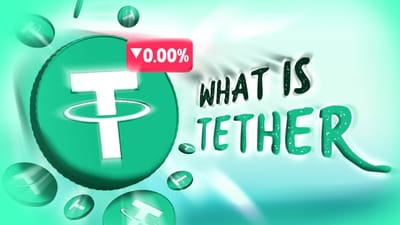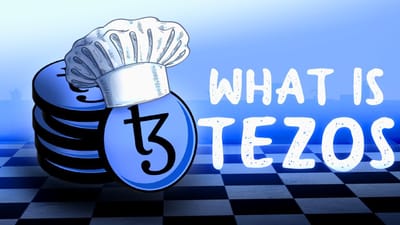Key Takeaways
- The HKSFPA proposes that Hong Kong's crypto firms form self-regulatory committees;
- These self-regulating bodies would take over some licensing duties from the SFC;
- Hong Kong aims to shift focus from stringent oversight to supporting financial industry growth.
The Hong Kong Securities and Futures Professionals Association (HKSFPA) has put forward a proposal for the city's crypto firms to establish independent self-regulatory committees.
This was detailed in a recommendation letter dated April 22, where the HKSFPA argues that the current regulatory approach, which centers on oversight, could restrain the financial sector's overall growth.

Did you know?
Want to get smarter & wealthier with crypto?
Subscribe - We publish new crypto explainer videos every week!
How to Avoid Rug Pulls in Crypto? (5 Ways Explained)


The recommendation includes creating statutory self-regulating organizations that would assume some of the licensing responsibilities currently held by the Securities and Futures Commission (SFC). These new bodies would include industry members from various financial sectors, such as securities, futures, asset management, and virtual assets.
While the SFC would maintain oversight of market conduct, the industry would internally manage licensing. The translated letter adds:
Self-regulatory agencies have the power to lead and coordinate the development of the securities industry, including approving new securities dealers, approving advertisements, censuring licensed intermediaries that violate business rules, and even imposing limited sanctions within the scope of their powers.
Hong Kong has previously shown a more tolerant stance towards virtual asset firms compared to other regions. On April 15, the SFC approved several applications for spot Bitcoin and Ether exchange-traded funds (ETFs).
Through its advocacy for self-regulation, Hong Kong aims to strike a balance between supervision and industry development, hoping to avoid the pitfalls of excessive regulatory control while enhancing its role as a financial leader.
In contrast, the regulatory climate in the United States remains tough, with the Securities and Exchange Commission (SEC) yet to approve spot Ether ETFs.

























